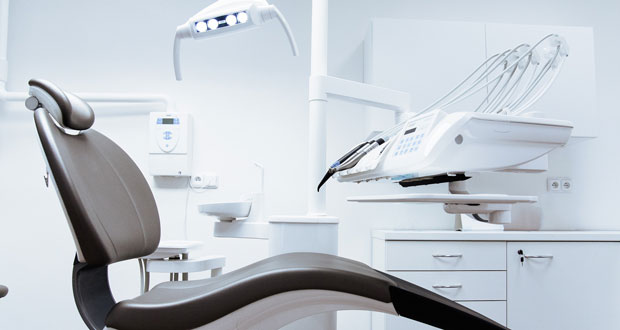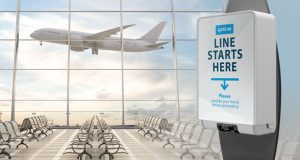It is important to have a safe and compliant dentistry office, not only to make certain that business standards are kept high, but also to ensure that those in the facility aren’t put in danger.
Facilities management company MSL advise the implementation of a planned maintenance strategy, in order for surgeries to eliminate any problems before they have the opportunity to grow into emergencies.
Planned maintenance strategies are extremely efficient, in that they can reduce the likelihood of equipment outages and resulting unplanned downtime. They also actively improve workplace safety, establishing a performance monitoring system, all whilst reducing overall maintenance costs and the number of reactive call outs which also may be required in the absence of such an approach.
Here, MSL provide some top tips for maintaining a safe dentist office:
Cleaning and Sterilisation
A clean and sterile practice is vital in maintaining a safe space for patients. Dentists naturally have a high footfall due to the come and go nature of the day to day. The surgery room therefore should be sterilised between each patient, including any areas and surfaces the patient has touched, with an industry standard disinfectant spray.
A cleaning schedule is important to avoid the build up of bacteria and microorganisms – ensure staff are trained to effectively clean and keep both patients and themselves safe throughout the process.
Accidents, Slips, Trips and Falls
Keeping floors in good condition can prevent the spread of contaminants and extend the life of the flooring. If not looked after, materials can crack and peel which can also have the potential to cause injuries.
Make sure that high quality flooring is maintained throughout the practice, spills and liquids are cleaned up immediately alongside slip hazard signs, walking areas are kept unobstructed in corridors and walkways, and areas of potential danger are marked off with tape.
Electrical Appliances
Electrical equipment makes up a considerable part of any dentist surgery and therefore needs to be consistently looked after to keep patients and workers safe.
Staff should check plugs, cables, and equipment daily for any signs of overheating or damage caused by over usage. The electrical equipment ought to be checked monthly by trained staff for any signs of wear, and tracked accordingly to monitor performance. Checks should also be taken by a qualified electrician at regular intervals.
Dust and debris are a huge contaminant of electrical distribution boards as they are conductors of electricity. By keeping surfaces and equipment clean, machines will be more efficient in the long run.
Ensure staff members are sufficiently trained to deal with malfunctioning machines, and have an external maintenance team on hand for any further potential breakages and problems.
Fire Risk Assessment
In line with the Regulatory Reform Order 2005, healthcare facilities must abide by fire safety order to provide a minimum fire safety standard. Within the facility there must be a ‘Responsible Person’ to carry out duties such as:
- Carry out fire-risk assessment identifying any possible dangers
- Provide basic fire precautions with working fire protection systems
- Create a plan to deal with emergencies
- Keep record of previous findings
Dentist surgeries should also ensure fire alarm systems are in place, with smoke/heat detectors located in every room, being tested weekly. Fire safety equipment such as fire extinguishers are to be checked and tested annually by a competent fire extinguisher engineer, who will carry out maintenance checks and repair if needed.
Fire exits are also to be kept clear at all times, and visual procedures in case of a fire should be displayed in eye view.
Welfare and Ventilation Arrangements
Sufficient ventilation is necessary to replace contaminated air with fresh air to control airborne contaminants and release moisture in the room.
It is recommended for dentist surgeries to provide 10 air changes per hour for 15 minutes between patients to prevent airborne transmission. This is easily done with the installation of a ventilation and filtration unit, with regular maintenance checks to ensure clean, healthy air is circulating. Surgeries are also advised to have reasonably sized windows for the air to easily pass through.
Central heating and air conditioning units must also be installed to maintain a high level of customer welfare. These must be checked by trained professionals to avoid potential equipment failure that could make customers feel uncomfortable.
Taking preventative measures for any maintenance issues is much more effective than having to react to anything that may arise. Having a planned maintenance schedule in place is effective in mitigating any unexpected circumstances, making the environment both safer and more effective.





